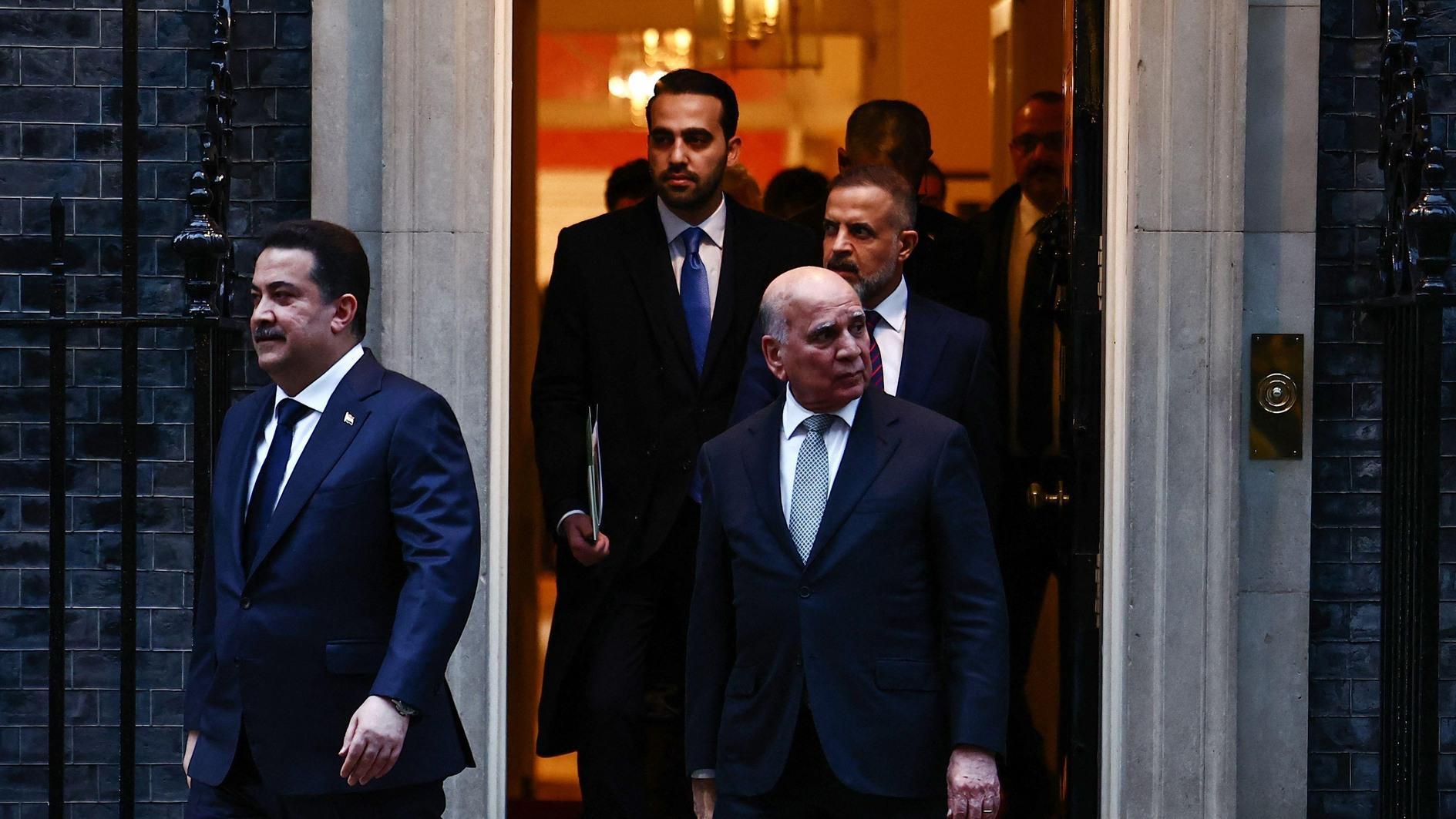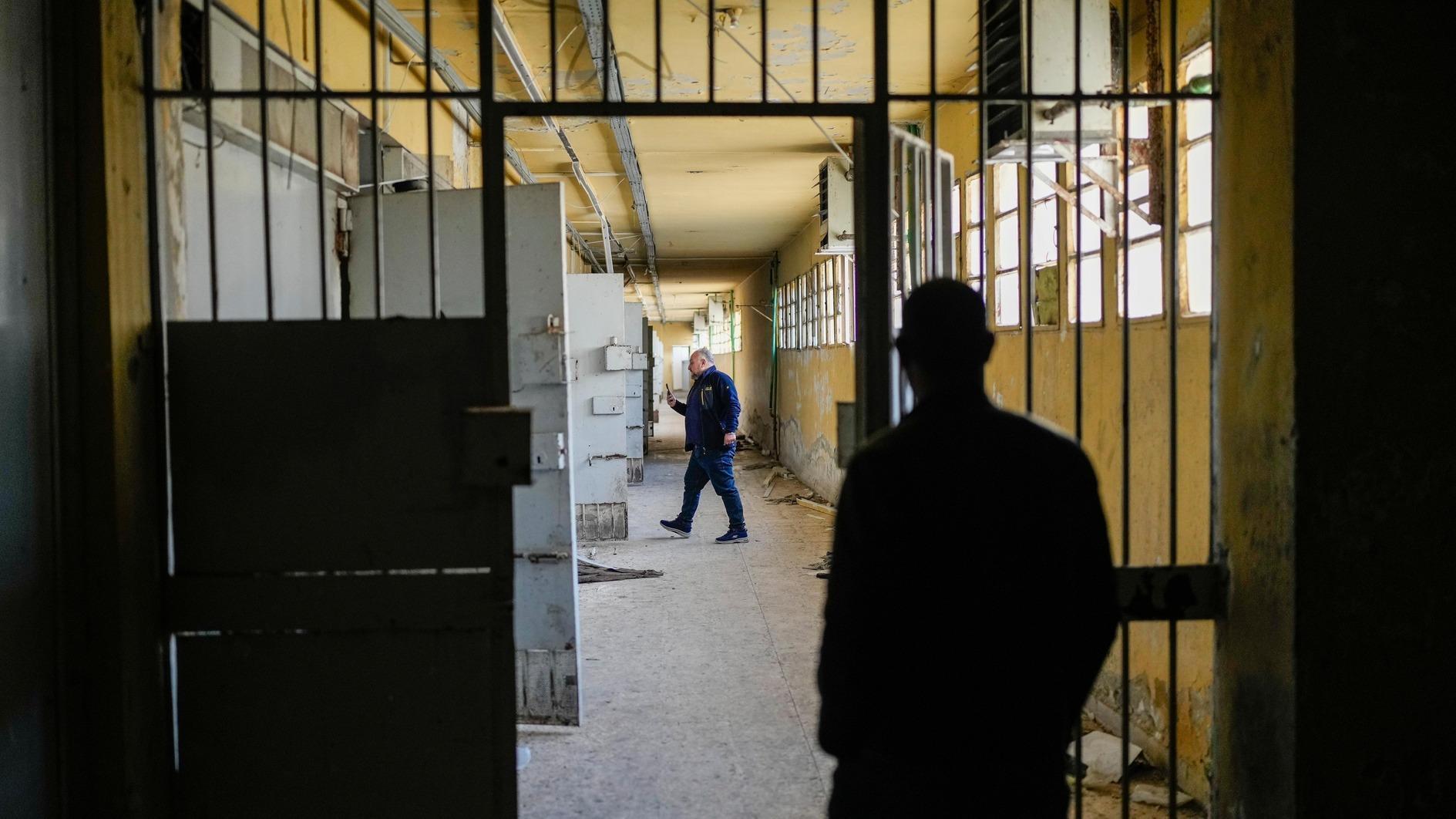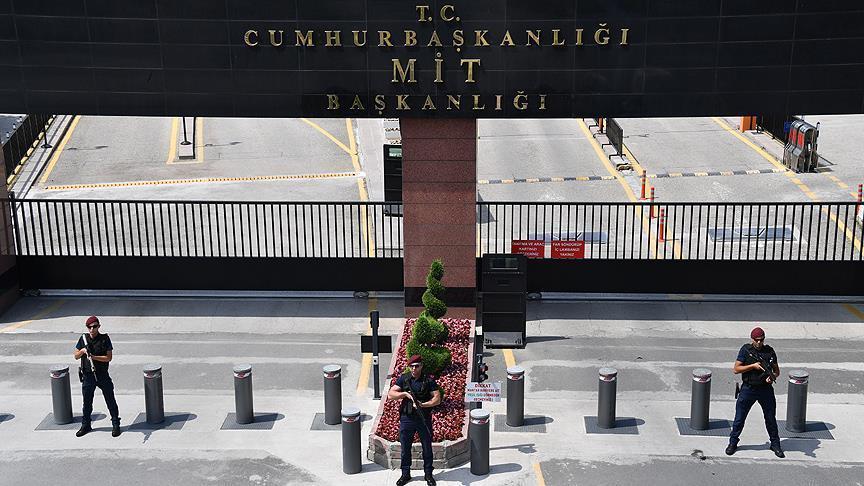Beware of surprises in the shift to the presidency
The debate regarding a draft to shift Turkey to an executive presidential system in the Turkish parliament’s constitutional committee is scheduled to start on Dec. 20, with the tension within the ruling Justice and Development Party (AK Parti) and the main opposition Republican People’s Party (CHP) on the rise.
In the bigger picture, the escalation of terror attacks by the outlawed Kurdistan Workers’ Party (PKK) has put additional pressure on the shoulders of both the government and opposition parties. Prime Minister Binali Yıldırım organized a meeting with CHP leader Kemal Kılıçdaroğlu and Devlet Bahçeli, the leader of the Nationalist Movement Party (MHP), on Dec. 14 following a PKK suicide bombing in Istanbul on Dec. 10 that killed 46 in order to demonstrate “unity against terrorism.” The PKK hit once again on Dec. 17, this time in Kayseri, killing 14 more. When angry crowds in Kayseri started to raid buildings of the Peoples’ Democratic Party (HDP), which focuses on the Kurdish issue, hanging the three-crescent flag of the MHP, Bahçeli had to issue a statement calling on his supporters and everyone to calm down and act with “common sense” in order not to fall for provocations amid fears of a Turkish-Kurdish confrontation that the PKK has been trying to provoke.
This is the additional tension in the political atmosphere.
Within the parties, especially the ruling AK Parti and the CHP, the situation is more complicated than it appears from outside.
On Dec. 17, the day of the Kayseri attack, Kılıçdaroğlu announced a combined meeting of the CHP Party Assembly and parliamentary group to talk about the party’s position in the constitutional shift to an executive presidency, instead of the current parliamentary system, before the committee meetings start on Dec. 20.
According to sources from within the CHP, it was a rather tense and difficult meeting for Kılıçdaroğlu. There were a number of powerful figures in the party who said Kılıçdaroğlu should do everything possible to stop the initiative in the parliament, that is, to stop it from being taken to a referendum by the government. That is not an easy task, because the sum of the number of seats between the AK Parti and the MHP, which supports the draft, is more than 330 (out of 550), seats which is enough to go to a referendum. The CHP’s intra-party opposition is concerned that if the draft goes to a referendum, President Tayyip Erdoğan is likely to play all cards and mobilize all his forces, as the CHP’s opposition will not be enough to halt it alone. As a result of those heated debates, Kılıçdaroğlu said his predecessor, Deniz Baykal, will be the party spokesman for the constitutional shift process, not himself or one of his parliamentary spokespersons.
But there is a mirror concern within the AK Parti as well. Neither Erdoğan nor Yıldırım are 100 percent sure about a win on either the parliamentary vote or at the ballot box if the target to go to a referendum is achieved. The source of the concern is not a handful of MHP MPs who would like to refrain from being known in the future as the people who gave all the state power to one man, Erdoğan, but rather an unknown number of hidden opponents of the project for different reasons. Some of them, especially the Kurdish MPs of the AK Parti, are not happy about cooperating with the Turkish nationalist MHP. They are also against bringing back the death penalty, which is not a part of the constitutional deal but is something the MHP strongly supports. Some of them think the draft decreases the functions of the parliament, erodes its checks and balances over the executive branch and gives too much power to the president, who will also be the party chairman.
There is another important factor increasing the concern in the upper AK Parti echelons. According to reliable sources in Ankara politics, none of the public opinion studies commissioned by the AK Party show support for the presidency exceeding 45-46 percent. With that vote, the AK Parti could win an election but it could lose a main political battle with even 49.9, as Erdoğan has to receive 50 percent plus one vote to achieve his goal.
That’s why the debates on the constitutional change are not likely to be a slam dunk for the AK Parti; they are not going to be easy for the CHP either, all of which promises a lot to watch out for in Turkish politics in the coming days.











